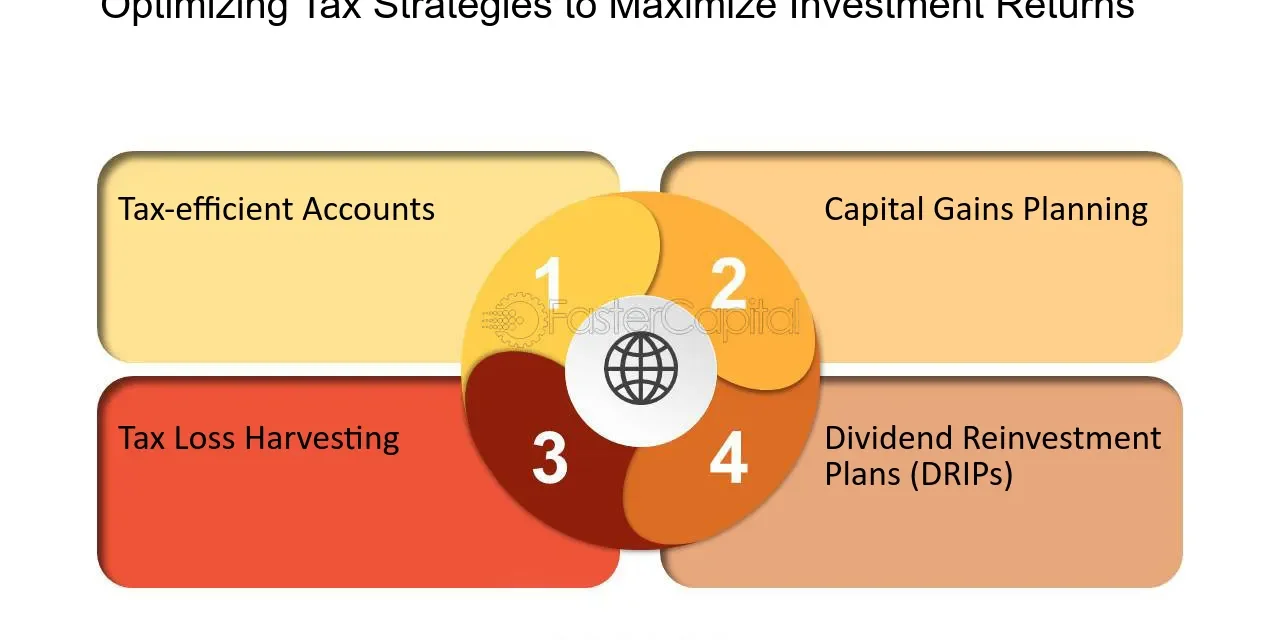Investing is a crucial aspect of financial planning that allows individuals to grow their wealth over time. Whether you’re saving for retirement, building a nest egg, or aiming to achieve financial independence,best brokers for forex is a powerful tool that can help you reach your goals. In this comprehensive guide, we’ll explore various investment strategies, tips for success, and important considerations to keep in mind.
Understanding the Basics of Investment
Before diving into specific investment strategies, it’s essential to understand the fundamentals. Investment involves allocating capital into assets with the expectation of generating returns in the form of income or capital appreciation. These assets can include stocks, bonds, real estate, mutual funds, and more. The goal of investment is to grow your wealth over time by leveraging the power of compounding returns.
Developing an Investment Strategy
Creating a solid investment strategy is key to achieving your financial objectives. One common approach is diversification, which involves spreading your investments across different asset classes to minimize risk. By diversifying your portfolio, you can reduce the impact of market fluctuations on your overall returns. Additionally, it’s essential to consider your risk tolerance, time horizon, and financial goals when developing your investment strategy best brokers for forex
.
Asset Allocation
Asset allocation is a crucial component of any investment strategy. This involves determining how much of your portfolio to allocate to different asset classes such as stocks, bonds, and cash equivalents. The optimal asset allocation will depend on factors such as your risk tolerance, investment goals, and time horizon. Generally, younger investors with a longer time horizon may opt for a more aggressive allocation with a higher percentage of stocks, while older investors nearing retirement may prefer a more conservative approach with a higher allocation to bonds.
Dollar-Cost Averaging
Dollar-cost averaging is a strategy that involves investing a fixed amount of money at regular intervals, regardless of market conditions. This approach can help mitigate the impact of market volatility by spreading out your purchases over time. By consistently investing over the long term, you can benefit from the power of compounding returns and potentially lower your average cost per share.
Tax-Efficient Investing
Tax-efficient investing is another important consideration for maximizing returns. This involves minimizing the tax impact of your investments by taking advantage of tax-advantaged accounts such as 401(k)s, IRAs, and Health Savings Accounts (HSAs). Additionally, strategically harvesting capital gains and losses can help optimize your tax liability and improve after-tax returns.
Tips for Successful Investing
While investment success is never guaranteed, there are several tips that can help increase your chances of achieving your financial goals.
Conduct Thorough Research
Before making any investment decisions, it’s essential to conduct thorough research and due diligence. This includes analyzing potential investment opportunities, assessing risks, and understanding market trends. By staying informed and educated, you can make more informed decisions and avoid costly mistakes.
Stay Disciplined
Discipline is key to successful investing. It’s essential to stick to your investment strategy and avoid making impulsive decisions based on short-term market fluctuations. By maintaining a long-term perspective and staying disciplined during periods of market volatility, you can avoid emotional decision-making and stay on track towards your financial goals.
Monitor and Rebalance Your Portfolio
As market conditions change, it’s important to regularly monitor and rebalance your portfolio to ensure it remains aligned with your investment objectives. This may involve selling overperforming assets and reallocating funds to underperforming ones to maintain your target asset allocation. By periodically reviewing your portfolio and making adjustments as needed, you can optimize your returns and minimize risk.
Conclusion
Investing is a powerful tool for building wealth and achieving financial security. By understanding the basics of investment, developing a solid investment strategy, and following these tips for success, you can increase your chances of reaching your financial goals. Remember to stay informed, disciplined, and proactive in managing your investments, and you’ll be well on your way to financial success.
Investing is a powerful tool for building wealth and achieving financial security. By understanding the basics of investment, developing a solid investment strategy, and following these tips for success, you can increase your chances of reaching your financial goals. Remember to stay informed, disciplined, and proactive in managing your investments, and you’ll be well on your way to financial success.












